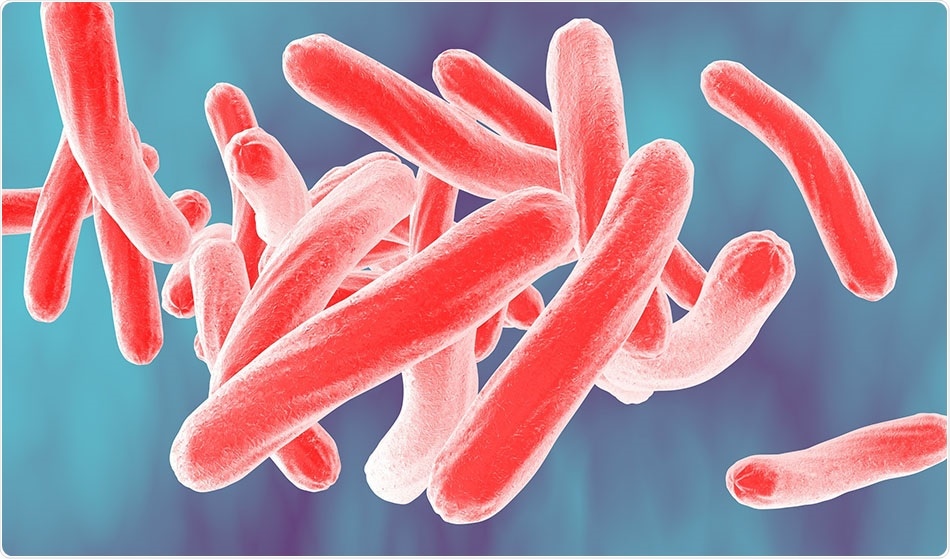Jan 26 2018
Leprosy is an infectious disease caused by the bacterium Mycobacterium leprae. It causes damage to the skin and nervous system, leading to severe deformities.

Credit: Kateryna Kon/Shutterstock.com
Despite the availability of prescription drugs to treat the condition, hundreds of thousands of cases still appear annually worldwide. These patients are infected not only with the drug sensitive strains, but also drug resistant strains of the bacteria, which are notoriously difficult to kill and eradicate. This makes treatment a challenge.
In a new study, a team of researchers in Stewart Cole’s lab at EPFL's Global Health Institute have analyzed the genome of the bacterium, with the aim of advancing knowlegde of the genes involved in antibiotic resistance.
Laboratory studies of M. leprae are typically difficult because it cannot be grown in a lab, slowing research. The new study, researchers analyzed the genes of 154 strains of M. leprae from samples collected around the world.
The scientists discovered several new genes associated with development of antibiotic resistance. According to Professor Stewart Cole, this research is important because it shows how one of the mainstay drugs in leprosy works.
It is hoped that the study can aid further research into the mechanism of drugs commonly used to treat leprosy. The study, which is entitled, “Phylogenomics and antimicrobial resistance of the leprosy bacillus Mycobacterium leprae” was published in the latest issue of the journal Nature Communications.
Cole explained that it was a challenge to isolate the DNA from M. leprae mainly because the skin samples from leprosy patients yield very low amounts of the bacteria.
Once the samples were subjected to DNA extraction, the team had to separate the patient’s DNA from the leprosy bacterial DNA to isolate pure bacterial DNA. Finally, they could sequence the DNA from the bacteria and compare it with the other samples that they had collected.
The results showed that there are eight strains of the bacteria that have a huge number of random mutations that have come down from generations over the years.
All eight strains were found to be resistant to the cocktail of drugs that are currently used to treat leprosy. The scientists showed that this was due to a disruption in the gene that codes for DNA repair.
It's a fascinating survival strategy against antibiotics. Disrupting DNA repair will result in a storm of random mutations, increasing the chance that the right gene mutates at the right spot and lead to drug resistance. But random mutations can be deadly, so it's like a desperate, genetic Russian roulette for the bacterium."
Dr Andrej Benjak, Lead Author of the study and researcher at EPFL's Global Health Institute
Charlotte Avanzi, one of the study's authors said that the stains and their genetic makeup reveal that they have originated in Eurasia rather than in Africa, as was previously believed. She went on to say that more studies and samples would be necessary to understand the origin of the bacteria.
We need more samples from Central Asia and the Middle East, but these are hard to get due to current geopolitical issues. For Europe, where leprosy is eradicated, we have to rely on ancient human remains. But it's possible - we have developed the tools, and now we are ready to sequence even more samples."
Charlotte Avanzi, Author of the study and Doctoral Candidate in the Department of Molecular Life Sciences at EPFL's Global Health Institute